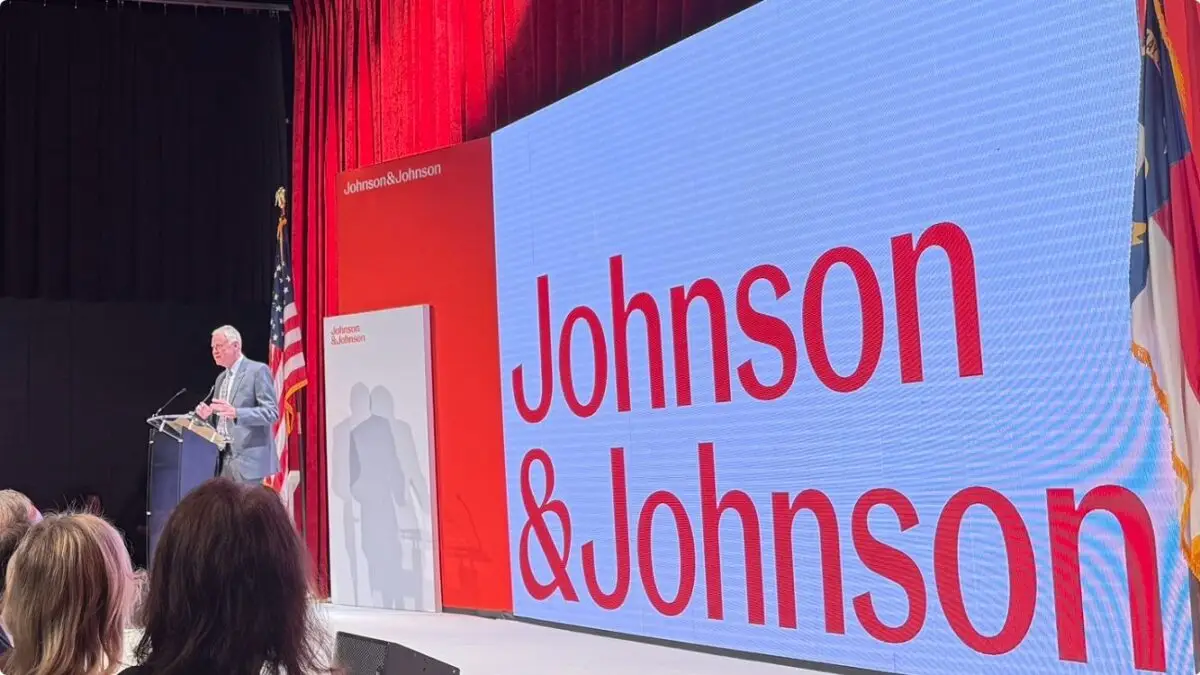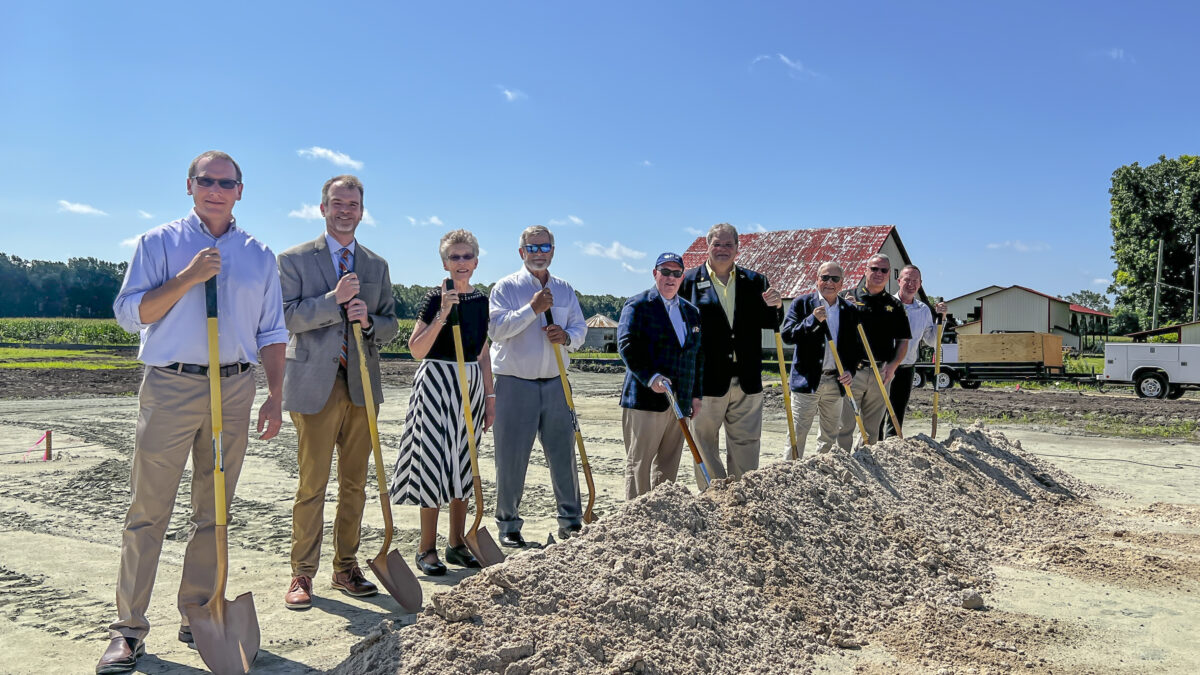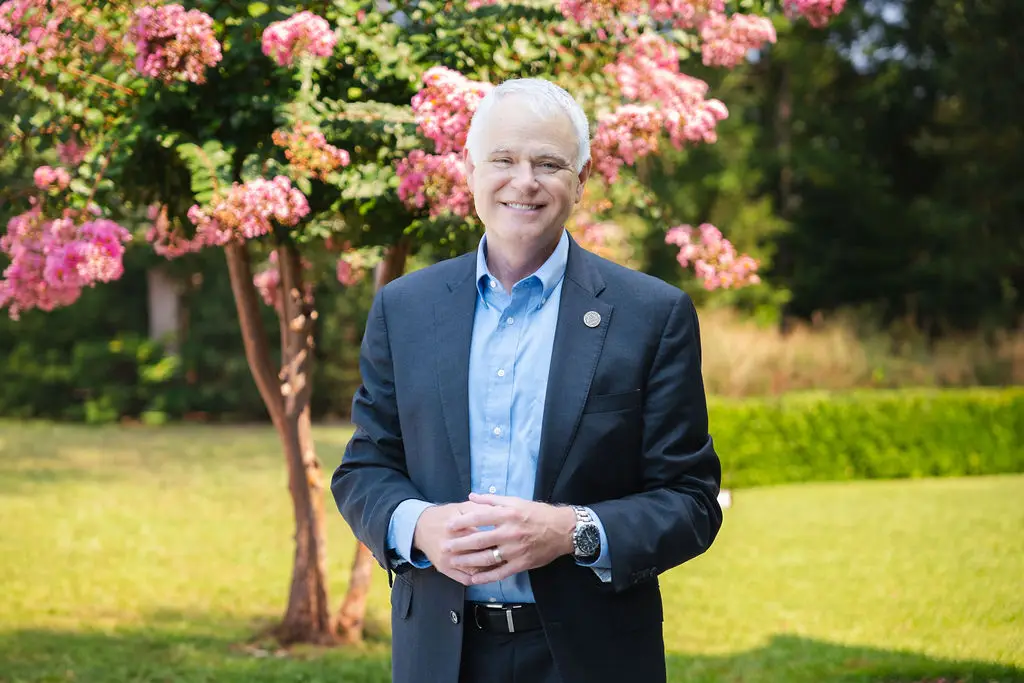Golden LEAF Economic Catalyst Funding Supports Crucial Job Creation
When a company considers bringing new jobs to a community, details matter. From the speed of moving from deal-signing to production, to site infrastructure and workforce availability, these are critical factors that determine where and how companies choose to grow.









